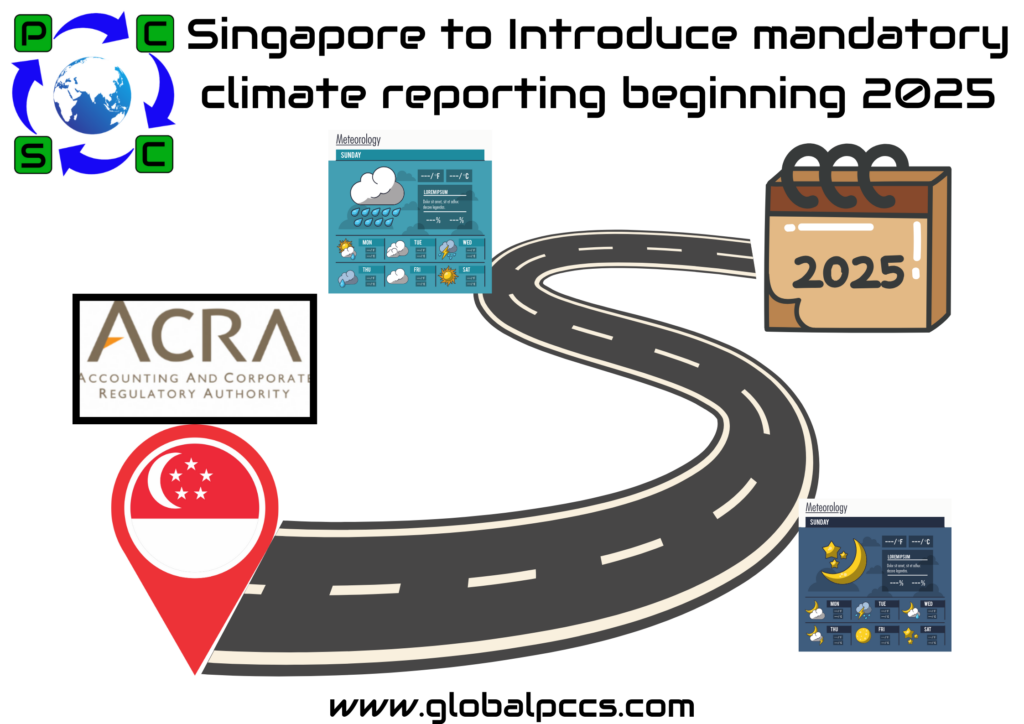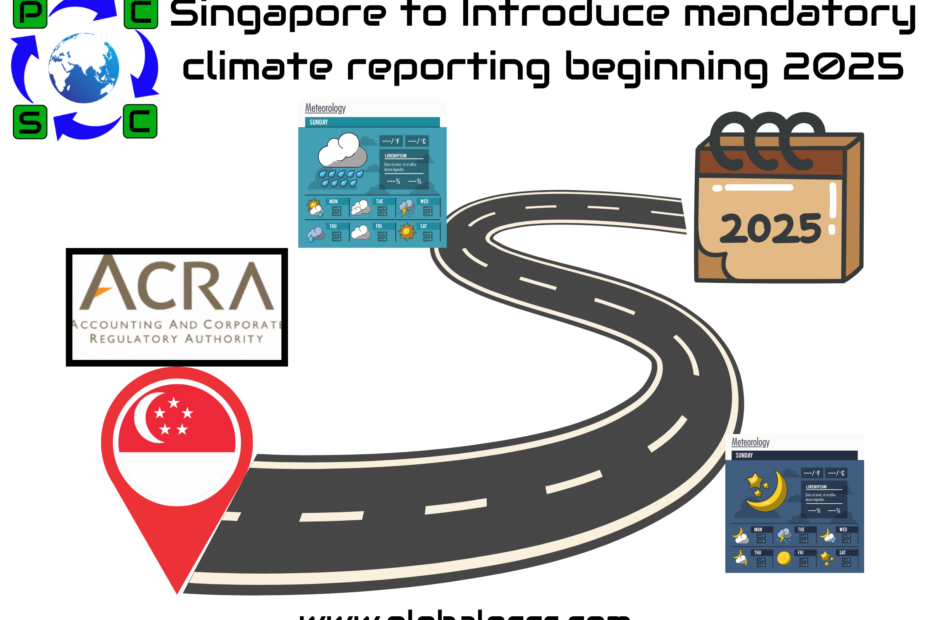 Singapore will implement mandatory climate-related reporting requirements for listed and large non-listed companies, with obligations for some to begin disclosing in line with the IFRS International Sustainability Standards Board (ISSB) standards starting as early as 2025.
Singapore will implement mandatory climate-related reporting requirements for listed and large non-listed companies, with obligations for some to begin disclosing in line with the IFRS International Sustainability Standards Board (ISSB) standards starting as early as 2025.
The new rules were announced today in the Parliament of Singapore by Second Minister for Finance Chee Hong Tat, with details of the new mandatory reporting requirements subsequently released by Singapore’s business reporting, accounting and corporate services and markets regulators the Accounting and Corporate Regulatory Authority (ACRA) and Singapore Exchange Regulation (SGX RegCo).
The Accounting and Corporate Regulatory Authority (ACRA) and Singapore Exchange Regulation (SGX RegCo) have provided additional details on mandatory climate reporting for listed and large non-listed entities in line with the standards published by the International Sustainability Standards Board (ISSB).
According to the requirements will be introduced in a phased approach:
- From FY2025, all listed entities will be required to report and file annual climate-related disclosures, using requirements aligned with the ISSB standards, except for information on Scope 3 GHG emissions.
- From FY2026, all listed entities will be required to report information on Scope 3 GHG emissions in addition to the existing requirements.
- From FY2027, large non-listed entities, defined as those with annual revenue of at least SG$1 billion and total assets of at least SG$500 million, will be required to report and file annual climate-related disclosures, except for information on Scope 3 GHG emissions, using the same requirements as listed companies.
- From FY2029 (at the earliest), large non-listed entities will be required to report information on Scope 3 GHG emissions in addition to the existing requirements.
The Sustainability Reporting Advisory Committee (SRAC) was established by ACRA and SGX RegCo to provide guidance on how to advance companies’ sustainability reporting in Singapore. Based on the committee’s recommendations, the new climate reporting requirements will be implemented gradually, starting in 2025 with listed companies and ending in 2027 with large, non-listed companies those with at least $1 billion in revenue and $500 million in assets
The specific obligations for each group will also be phased in over time, with listed companies required to report on Scope 1 and 2 emissions in the first year, and on Scope 3, or value chain emissions, in 2026, and to obtain external limited assurance on Scope 1 and 2 GHG emissions two years after beginning reporting. Large non-listed companies will follow a similar timeline, although Scope 3 reporting will begin for these companies no earlier than 2029.
According to the statement by Mr. Chee, the government has not yet decided if it will extend the climate reporting obligations to smaller companies, while ACRA will review the experiences of the listed and larger companies before a decision is made.
The Ministry of Trade and Industry (MTI) will extend support to help companies kickstart their climate reporting journey and build climate reporting capabilities.
In its statement announcing the new rules, the regulators said that the new climate reporting requirements form part of the government’s efforts to strengthen companies’ sustainability capabilities, with companies able to provide climate disclosures standing to benefit from improved access to new markets, customers, and financing.
External limited assurance will be required on Scope 1 and 2 GHG emissions from FY2027 for listed entities and from FY2029 for large non-listed entities.
Large non-listed entities whose parent company already reports climate-related disclosures using ISSB-aligned local reporting standards or equivalent standards (e.g. European Sustainability Reporting Standards) will be exempted from reporting and filing climate-related disclosures, subject to certain conditions.
A transitional relief will be provided for large non-listed entities whose parent company reports climate-related disclosures using other international standards and frameworks (e.g. Global Reporting Initiative (GRI) Standards, or the recommendations of the Task Force on Climate-related Financial Disclosures (TCFD)).








 Authorised IMDS & CDX Training & Consulting partner for
Authorised IMDS & CDX Training & Consulting partner for





